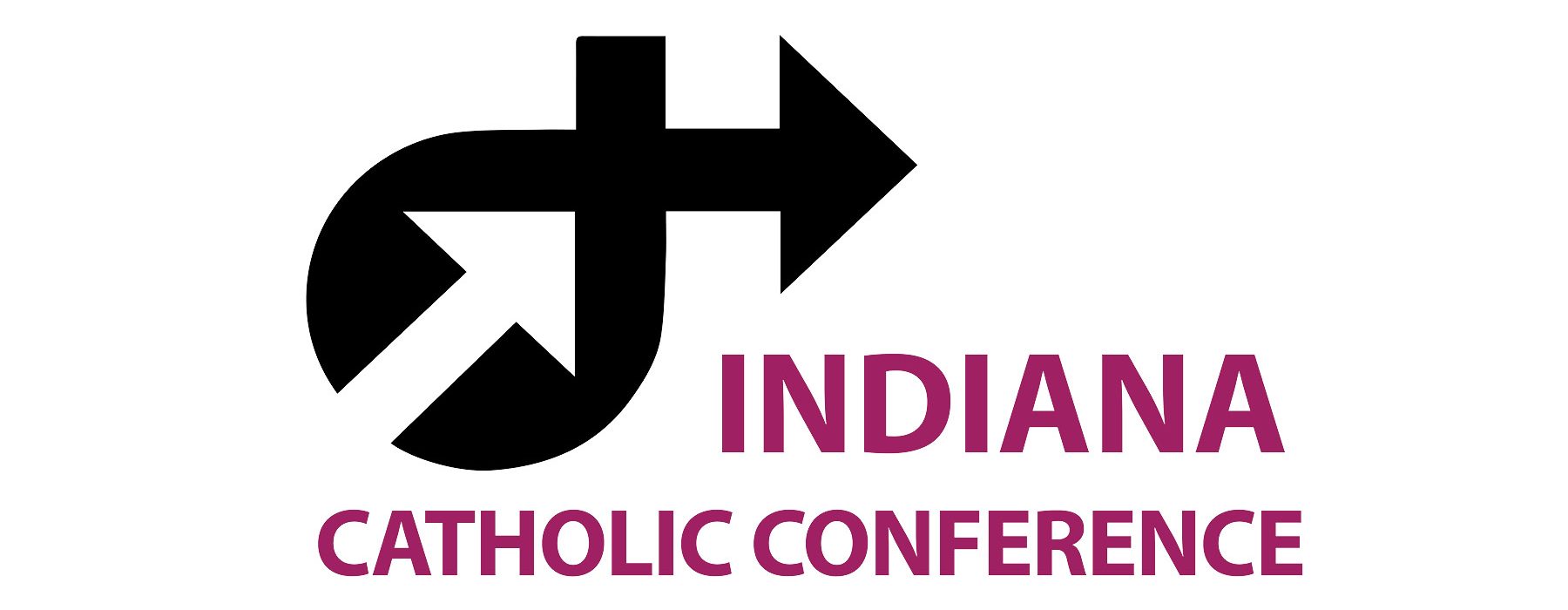April 20, 2019 // Diocese
Bill designed to improve health outcomes for mothers, infants
The scenario is all too common: A teenage girl in Indiana, facing an unplanned pregnancy, is denied medical treatment until she and her unborn child are in emergency circumstances — all because her parents are unable to provide consent or are completely absent from her life.
A bill that unanimously passed both chambers of the Indiana General Assembly aims to change that, with the ultimate goal of reducing the state’s troubling infant and maternal mortality rates. House Bill 1547 — “Consent to pregnancy services of a minor” — was awaiting Gov. Eric Holcomb’s signature at press time. The Indiana Catholic Conference supports the bill.
“We have got to take care of that unborn baby and that young mother,” said Rep. Cindy Kirchhofer (R-Beech Grove), the bill’s author. “In most of these cases, we are not talking about girls with intact families. Some of them are living on the streets, or their parent is incarcerated or dealing with substance abuse or otherwise not part of their lives. We can’t give up on these girls.”
House Bill 1547 authorizes a pregnant minor of 16 to 17 years of age to consent for health care services, provided that a reasonable attempt is made to contact her parents or legal guardians. Under current Indiana law, minors cannot consent to their own medical treatment.
For Kirchhofer, this matter hits close to home: At 17, she became pregnant and chose to carry her child to term. In her case, she benefited from strong family support, but she knows that countless other teenagers are not as fortunate.
“It happened to me,” said Kirchhofer, a risk manager for Franciscan Health Indianapolis and a member of Holy Name Parish in Beech Grove. “I had an unplanned pregnancy during my senior year of high school. I chose life, and I had good health care and a great outcome. But for teenage girls who don’t have that kind of family support, they should not be penalized for their bad choices.”
House Bill 1547 provides for health care services for the young mother and her baby at three critical stages: prenatal, active labor and delivery, and postpartum. Before treatment is provided in any of the three phases, the health care provider must attempt to reach the girl’s parents or guardians. If the physician is unable to make contact or the parent or guardian refuses to give consent, the provider then can proceed with offering health care in the best interest of the mother and baby. The bill does not include abortion services.
For the Indiana Catholic Conference and other pro-life advocates, those provisions were essential for providing support to the bill.
“We are always on the side of life,” said Glenn Tebbe, executive director of the ICC, the public policy voice of the Catholic Church in Indiana. “When a young mother decides to continue with her pregnancy rather than choosing abortion, we want to ensure that she and her baby receive the best possible care before, during and after the child’s birth. But in considering this bill, we also wanted to make sure that parental involvement wasn’t circumvented.”
Earlier in the legislative session, a similar measure — Senate Bill 352 — died in the Senate because attempts to contact the parent or guardian were not required. Sen. Jean Leising (R-Oldenburg), one of the legislators behind that bill, acknowledges that she and her co-authors “did not have the language right.” When House Bill 1547 reached the Senate, Leising became its sponsor, even strengthening the language concerning parental notification and involvement.
“This is a pro-life bill,” said Leising, a member of St. Louis Parish in Batesville. “It’s designed to provide the best possible care for these young moms and their babies at every stage. Of course we want the parents aware and involved if at all possible, and this bill requires not just one but three attempts to notify them during the full range of pregnancy and postpartum care.
“But we know that in all too many cases, the parents are absent,” she continued. “Doctors say that many times they see girls in the emergency room about to deliver their babies — and this is the first time they’ve received treatment during the course of their pregnancy.”
Lack of good health care for these young mothers and their babies is one factor contributing to Indiana’s high rates of maternal, fetal and infant death, according to Leising. Indiana’s infant mortality rate is the seventh-worst in the nation, and the maternal mortality rate is twice the national average.
“These are terrible statistics,” said Leising, who has introduced other bills aimed at turning those numbers around. She shares these objectives with Gov. Holcomb, who has set a goal for Indiana to be “Best in the Midwest” by the year 2024 in terms of reducing infant mortality rates.
Ensuring early access to health care for young mothers is critical to improving outcomes, according to Dr. Mary Abernathy, a maternal and fetal medicine specialist and professor at the Indiana University School of Medicine. Abernathy consulted with the legislators involved in House Bill 1547 and testified in support of the bill several times before the General Assembly.
“We have about 1,300 16- and 17-year-olds delivering babies in Indiana each year,” said Abernathy, who serves as chair of the Indiana section of the American College of Obstetricians and Gynecologists. “What we worry about is that not all of them come from households with active levels of parental involvement. In order to decrease maternal and infant mortality rates, we have to make sure that these girls are able to get into care early in their pregnancies and with no barriers.”
To follow priority legislation of the ICC, visit www.indianacc.org.
The best news. Delivered to your inbox.
Subscribe to our mailing list today.






